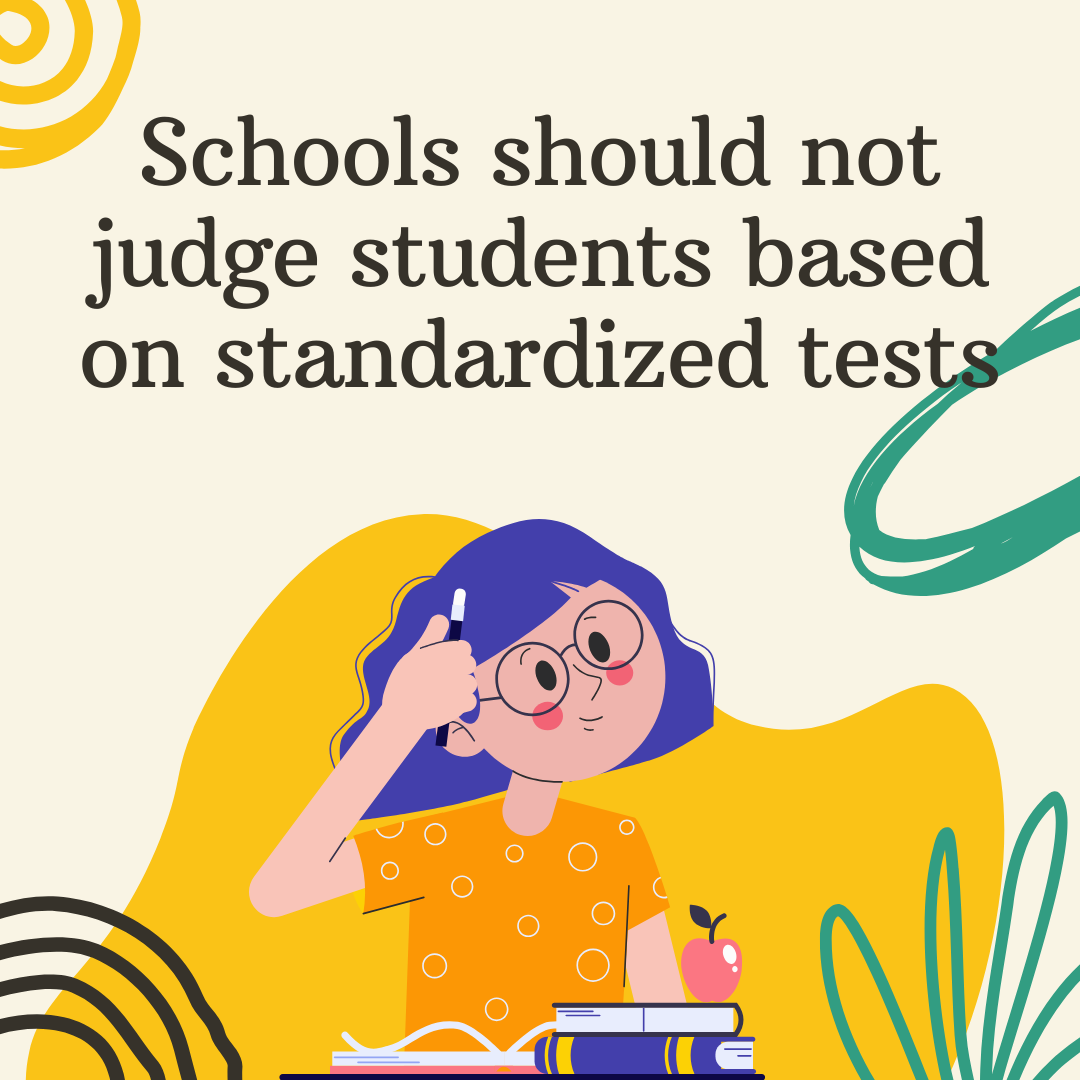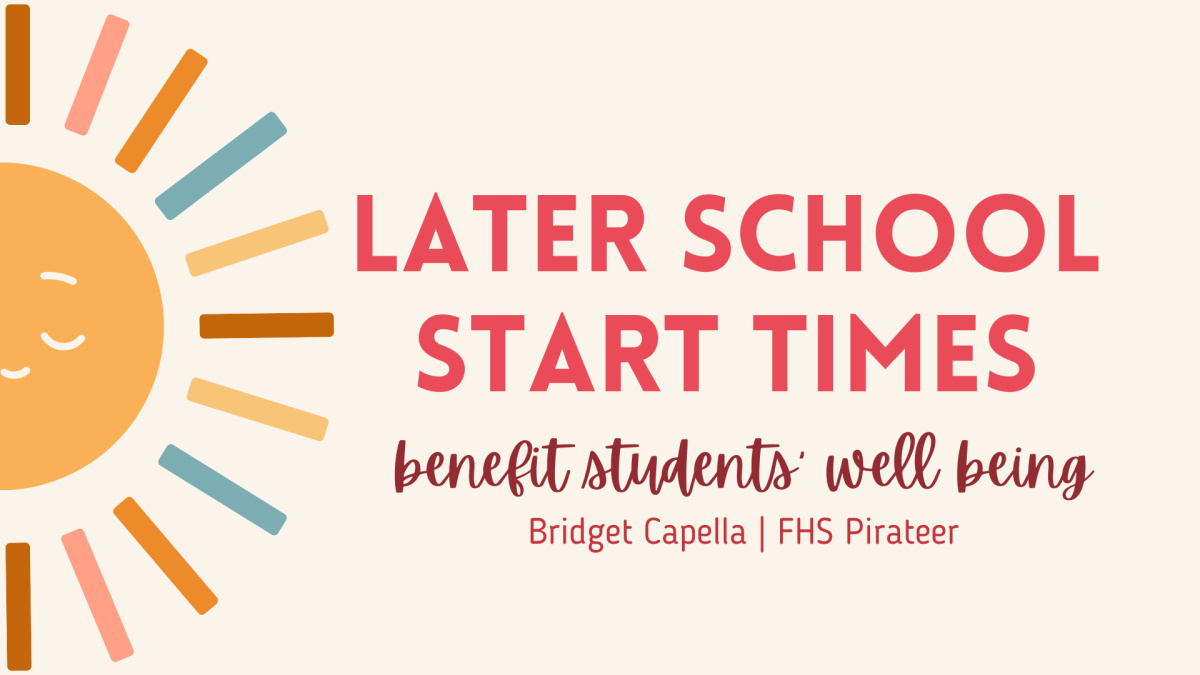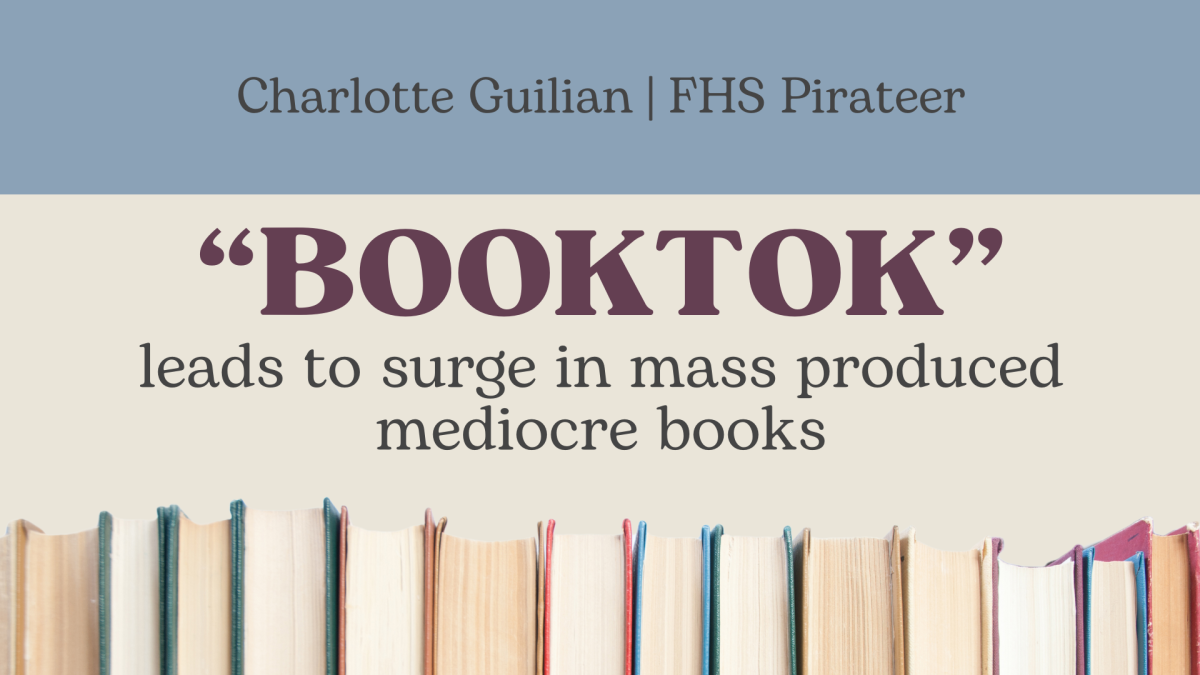by Ann Clark-Smurda
Students’ grades should resemble more of what they know and understand, not what they memorize.
In a world focused on academic performance, it’s time to reconsider the emphasis placed on test scores as a measure of success. The reliance on standardized testing fails to acknowledge the diversity in learning styles and the real-world applications that go beyond exam rooms.
Students who experience the pressure of test-centered education benefit from alternative evaluation methods. The weight of exams contributes to added stress and anxiety levels, impacting mental well-being. A shift in focus towards diverse learning styles and different ways of measuring understanding will profusely benefit students.
The pressure associated with test centered academics will often lead to a narrower definition of success where grades will start to define a person’s worth and capabilities, which will further lead to mental health problems.
Incorporating varied assessment methods leads to a creative educational environment. Embracing alternative evaluation approaches will lead to improved problem-solving skills and a better grasp of real-world applications.
The singular focus on test scores disregards the talents and skills students possess outside exams. Diverse learning experiences contribute to the development of well-rounded individuals. Students should be encouraged to explore and showcase their unique strengths beyond the limits of a standardized test.
The fixation on test scores will lead to a misleading sense of achievement. Some students find themselves acing a test, getting placed in advanced classes, only to find themselves struggling and sometimes even failing because the work is too challenging. All this new overwhelming, too difficult work just because of a single test for placement. Success goes beyond acing a test, it is about showing consistent growth and understanding.
The narrow view of success defined by test scores disregards the importance of practical, applicable knowledge. Real-world scenarios demand skills that extend beyond memorization, emphasizing the need for a more well rounded approach to education. By recognizing diverse learning styles, we leave students with the tools necessary for success in a dynamic world.
The over-reliance on test scores delays the development of students’ creativity, ignores their diverse learning styles, and contributes to unnecessary stress and anxiety. Education should be a journey of mistrials and learning how to recover from them, not a high-stakes test.







